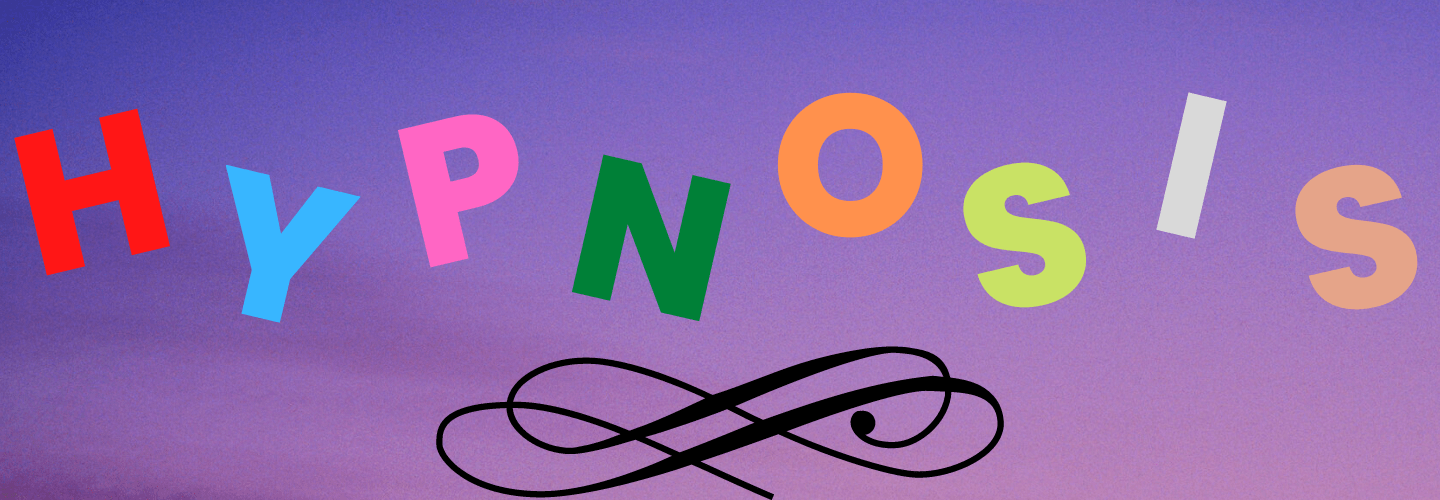
THE FEAR OF CHANGE
BLOCKED BY YOUR OWN SELF-LIMITING BELIEFS
Fear of Change
Fear of change is a fear of the unknown and a fear of the potential consequences of making a change. This fear can be rooted in the belief that the current situation, no matter how unsatisfactory, is preferable to the risks involved in making a change.
People who experience this fear may feel overwhelmed by the prospect of change, anxious about the potential outcomes, and uncertain about the resources they need to manage the change successfully. They also fear the possibility of failure.
Fear of Failure
People who experience fear of change may also be reluctant to take risks and be overly concerned about the consequences of failure. They may have difficulty making decisions, and may become overwhelmed by the idea of having to make decisions that could have a lasting impact on their lives. This fear can lead to procrastination, avoidance of tasks and activities, and an unwillingness to take action.
 In order to address fear of change, it is important to recognize and accept it. It is normal to feel uncomfortable and scared when faced with change, and it is important to acknowledge these feelings without judgment. Taking the time to assess the situation and consider potential risks can help to decrease fear.
In order to address fear of change, it is important to recognize and accept it. It is normal to feel uncomfortable and scared when faced with change, and it is important to acknowledge these feelings without judgment. Taking the time to assess the situation and consider potential risks can help to decrease fear.
It is also important to remember that change can bring with it both positive and negative outcomes, and to be mindful of the potential benefits that can arise from taking a risk. Seeking out support and resources, such as therapy or a support group, can also be helpful in managing fear of change.
People who experience this fear may feel overwhelmed by the prospect of change, anxious about the potential outcomes, and uncertain about the resources they need to manage the change successfully. People who experience fear of change may also be reluctant to take risks and be overly concerned about the consequences of failure.
Making Decisions may lead to Stress and Panic
They may have difficulty making decisions, and may become overwhelmed by the idea of having to make decisions that could have a lasting impact on their lives. This fear can lead to procrastination, avoidance of tasks and activities, and an unwillingness to take action.
In order to address fear of change, it is important to recognize and accept it. It is normal to feel uncomfortable and scared when faced with change, and it is important to acknowledge these feelings without judgment.
Taking the time to assess the situation and consider potential risks can help to decrease fear. It is also important to remember that change can bring with it both positive and negative outcomes, and to be mindful of the potential benefits that can arise from taking a risk.
Seeking out support and resources, such as therapy or a support group, can also be helpful in managing fear of change. In addition to seeking support, it is also important to practice self-compassion when dealing with fear of change. Self-compassion can be a powerful tool for managing fear, as it can help to bring a sense of calm and acceptance to difficult situations.
Self-Compassion
Practicing self-compassion involves being kind to oneself, recognizing that everyone experiences fear and other difficult emotions, and allowing oneself to take the time to process and care for one’s own needs. Taking a few moments to connect with one’s inner thoughts and feelings can help to build resilience and reduce anxiety.
Additionally, it can be helpful to remind oneself of past successes and to focus on the potential positive outcomes of making a change. This can help to shift one’s perspective towards hope and optimism.
Self-Limiting Beliefs
 Self-limiting beliefs are thoughts or beliefs that limit an individual’s potential. Examples of self-limiting beliefs include negative thoughts about one’s abilities, such as thinking that one is not good enough or not capable of achieving certain goals.
Self-limiting beliefs are thoughts or beliefs that limit an individual’s potential. Examples of self-limiting beliefs include negative thoughts about one’s abilities, such as thinking that one is not good enough or not capable of achieving certain goals.
Other self-limiting beliefs include beliefs that one is not worthy or deserving of success, or that one is not capable of making changes in their life. Self-limiting beliefs are thoughts or beliefs that limit an individual’s potential. Examples of self-limiting beliefs include negative thoughts about one’s abilities, such as thinking that one is not good enough or not capable of achieving certain goals.
Other self-limiting beliefs include beliefs that one is not worthy or deserving of success, or that one is not capable of making changes in their life. Self-limiting beliefs can lead to a variety of negative outcomes, such as feelings of low self-esteem, lack of motivation, and a general sense of unhappiness. Self-limiting beliefs can also lead to procrastination and avoidance of certain activities, as well as a sense of helplessness or hopelessness.
Additionally, self-limiting beliefs can lead to difficulty in setting and achieving goals, as well as difficulty in making decisions. These beliefs can also lead to feelings of anxiety and depression, as well as difficulty in forming meaningful relationships.
It is important to be aware of self-limiting beliefs and to work to challenge and change them. This can be done through positive self-talk, working with a therapist or Life coach, and engaging in activities that help to build self-esteem. Additionally, it is important to be mindful of the negative thoughts that come to mind and to challenge them.
By doing this, it is possible to break down the barriers of self-limiting beliefs and create a more positive outlook on life. Self-limiting beliefs are thoughts or beliefs that limit an individual’s potential. Examples of self-limiting beliefs include negative thoughts about one’s abilities, such as thinking that one is not good enough or not capable of achieving certain goals.
Other self-limiting beliefs include beliefs that one is not worthy or deserving of success, or that one is not capable of making changes in their life. Self-limiting beliefs can lead to a variety of negative outcomes, such as feelings of low self-esteem, lack of motivation, and a general sense of unhappiness.
Self-limiting beliefs can also lead to procrastination and avoidance of certain activities, as well as a sense of helplessness or hopelessness. Additionally, self-limiting beliefs can lead to difficulty in setting and achieving goals, as well as difficulty in making decisions. These beliefs can also lead to feelings of anxiety and depression, as well as difficulty in forming meaningful relationships.
Positive activities like getting enough sleep, eating healthy, exercising, and taking regular breaks. Taking time to do things that make us feel good, like reading a book, going for a walk, or listening to music, can help to boost our mood and outlook on life.
Additionally, it can be beneficial to reach out to friends and family for support when needed. Talking to someone who is understanding and non-judgmental can help us to process our thoughts and feelings in a healthy way.
Taking part in activities that bring us joy and connecting with people we care about can help to increase our self-esteem and improve our overall wellbeing.
How Life Coaching helps you:
- Improve your self-awareness and self-confidence
- Develop and set achievable goals
- Make positive changes in your life
- Clarify your values and beliefs
- Overcome obstacles and limiting beliefs
- Improve your communication and relationships
- Create a balanced and fulfilling life
- Develop a better understanding of yourself
- Gain clarity about your purpose in life
- Feel empowered to make positive changes in your life.
Building self-awareness and self-esteem, you can also gain a greater sense of peace and joy in life. Through self-reflection, you can learn how to make better decisions, handle your emotions in a healthier way, and practice mindfulness. Self-hypnosis is another tool you can use to cope with improving self-awareness and self-esteem.
Review the latest posting about Life coaching on Bohol Hypnosis Expert. This can help you better manage stress and difficult situations, as well as develop healthier relationships with people. Additionally, self-awareness and self-esteem can help you cultivate a better connection with your inner self and learn how to take care of yourself.
This can help you create a more meaningful and fulfilling life. All these aspects of self-awareness and self-esteem are essential for living a healthy and happy life.





